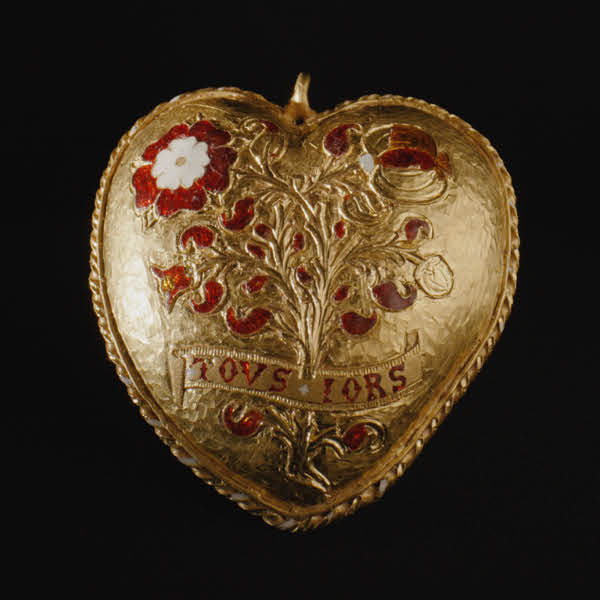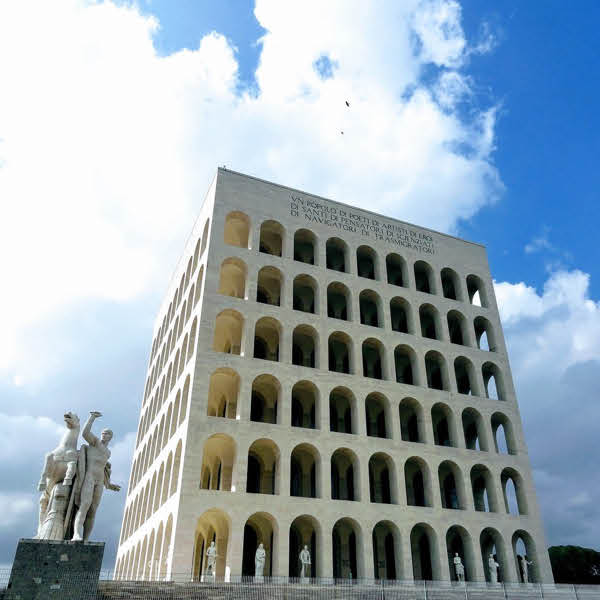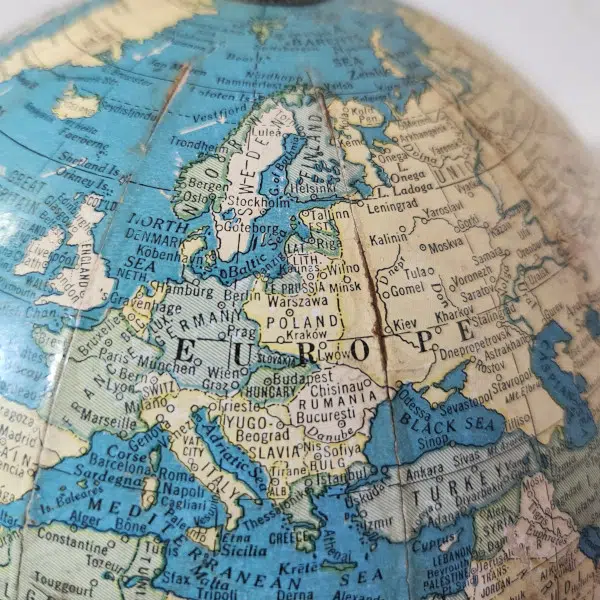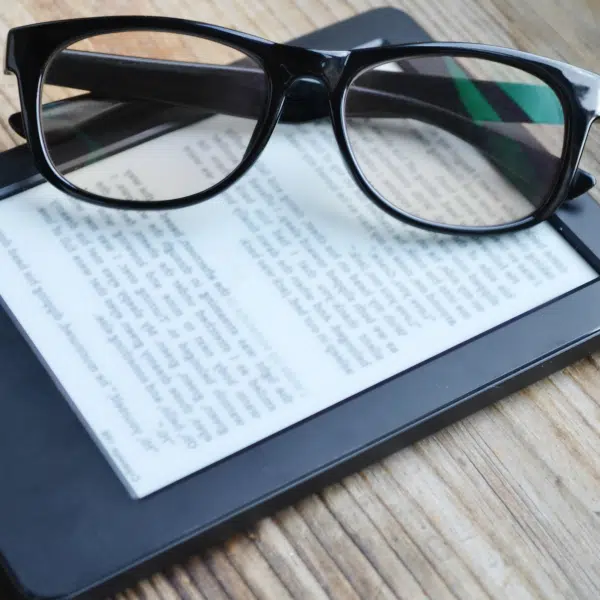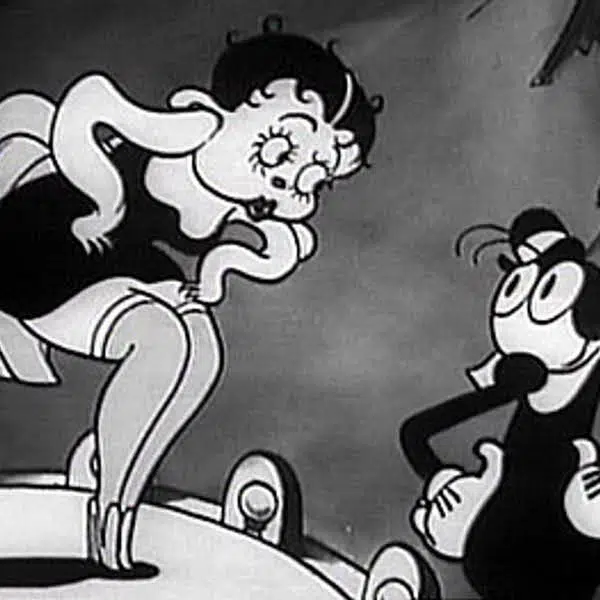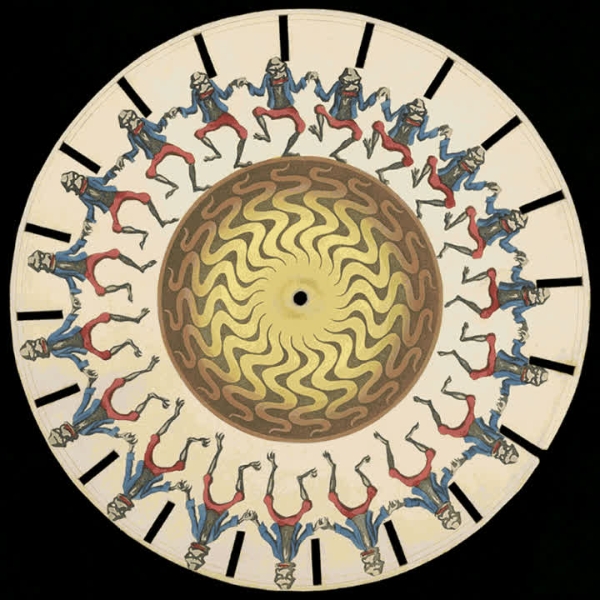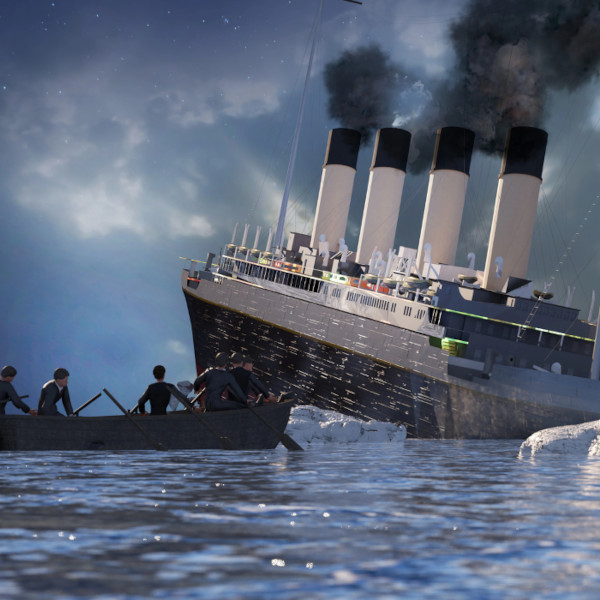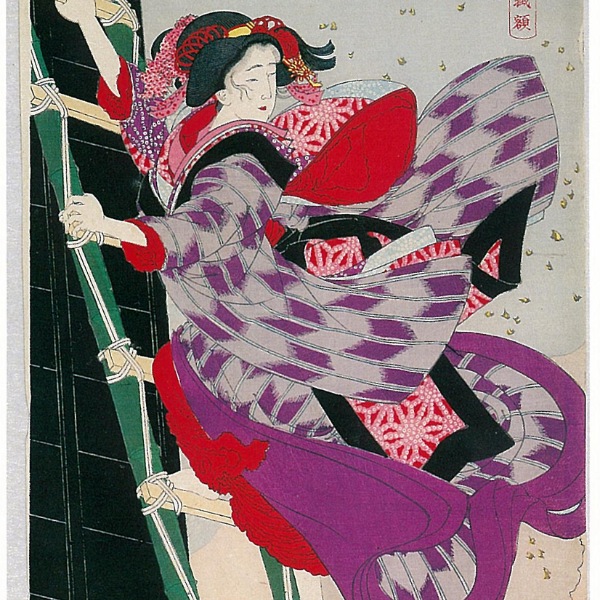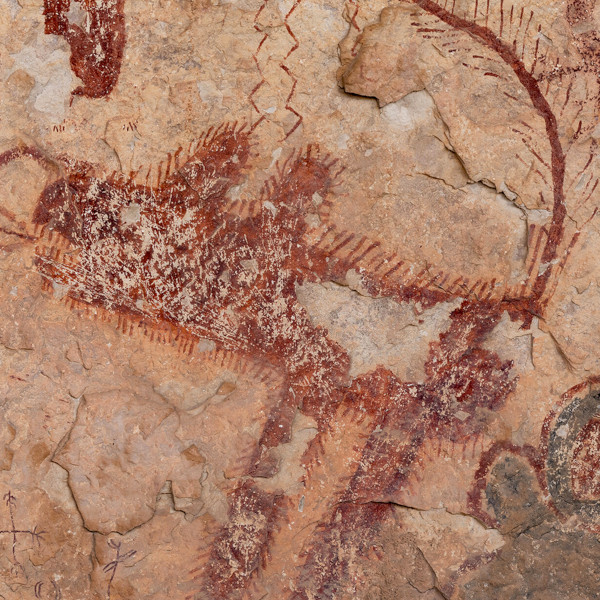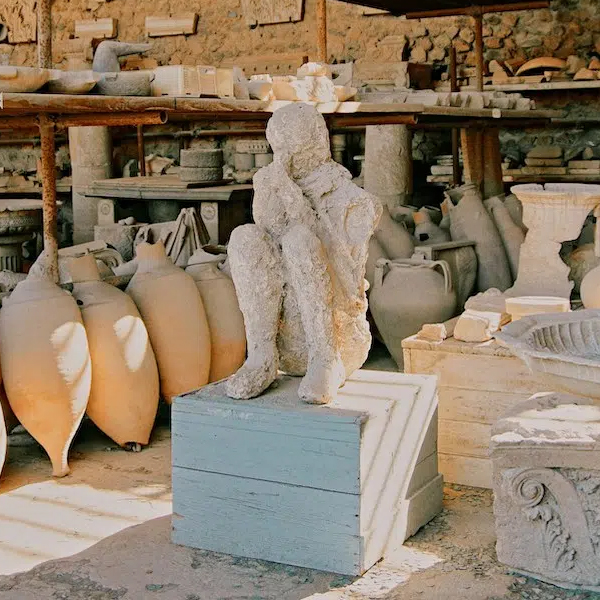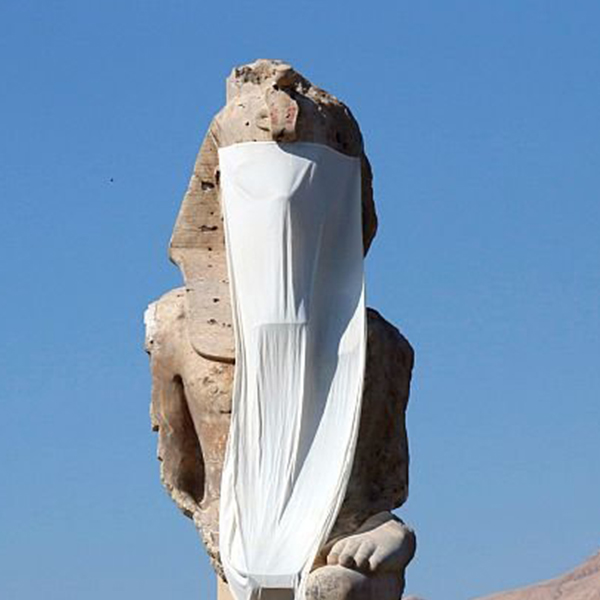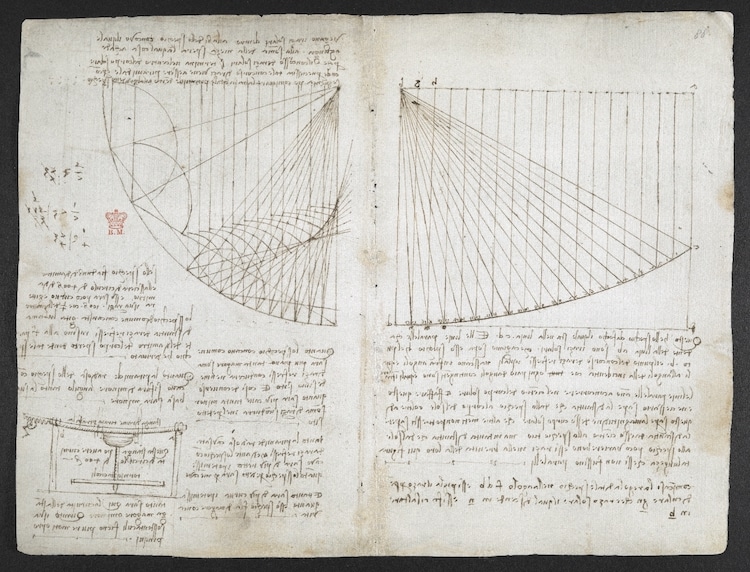
Thanks to the British Library, we can go inside the mind of a genius and peruse Leonardo Da Vinci's notebooks. The first true Renaissance Man, Da Vinci not only painted the Mona Lisa, but was a master inventor who is sometimes credited with creating the parachute and helicopter. And, to top it all off, he wrote his notes backward, in mirror image from right to left.
Who wouldn't want to understand more about what this master of painting, drawing, engineering, and mathematics was thinking? Now you can flip through 570 pages of his notebook The Codex Arundel. Works of art themselves, the pages date from 1480 to 1518, and are a fascinating glimpse into Da Vinci's process. Interestingly, for a man so in tune with technology, the artist never attempted to publish his notebooks during his lifetime. Instead, they were left to his pupil Francesco Melzi and individual sheets have since been dispersed among wealthy collectors, many ending up in museum collections.
Starting in 2007, the British Library placed The Codex Arundel online thanks to a collaboration with Microsoft. The project, called Turning the Pages 2.0 allowed visitors to flip through the notebooks with animations and on screen annotations to explain different aspects of the page. The newly digitized version lets users zoom in closely on the pages, seeing in beautiful detail the sketches and writings of Leonardo. Even if you don't speak Italian, it's well worth a look.
“You don't need a translation to appreciate the beauty and wonder of Leonardo's mind. This is a great work of art, in a precociously conceptual genre that has been emulated by modern artists such as Joseph Beuys and Cy Twombly,” writes journalist Jonathan Jones of The Guardian.
If you are new to Leonardo's work, The British Library has helpfully put together an introduction to his life and key inventions to get you started.
The British Library has placed a digital version of Leonardo Da Vinci's notebook, The Codex Arundel, online.
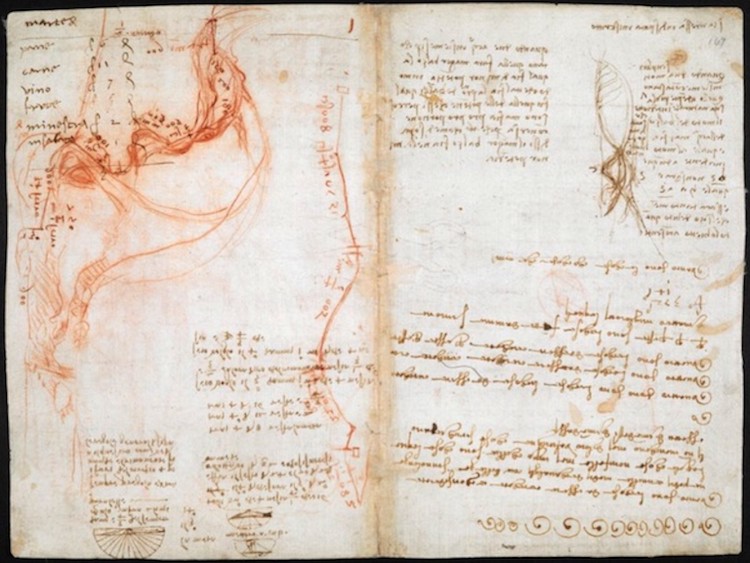
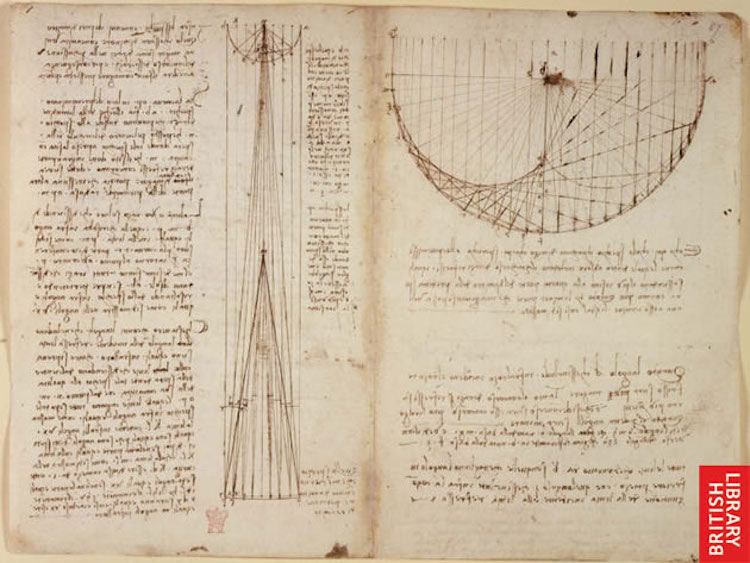
“[Da Vinci's] notebooks combine detailed observation with notes of experiments. Even if he did not actually undertake the experiments, he described what could be tried. Many of his insights foreshadowed scientific research by many centuries.”
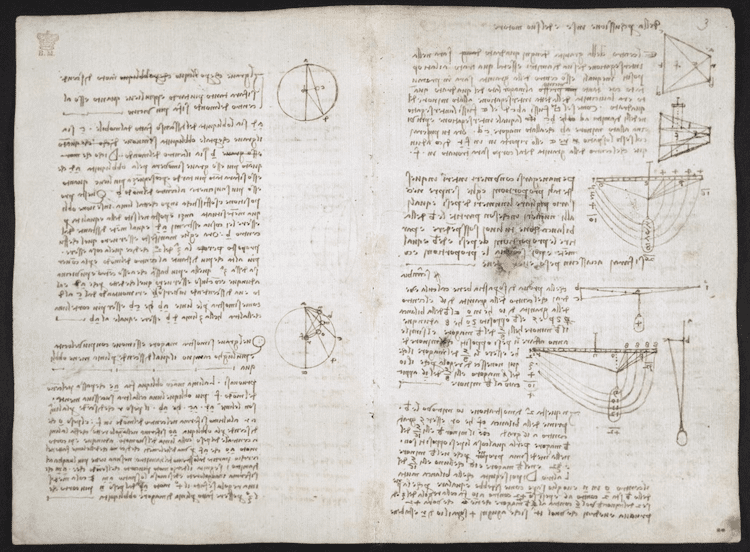
h/t: [Open Culture, boing boing]
Related Articles:
New Leonardo da Vinci Drawing Is Discovered And It’s Worth $16 Million
Free Digital Archive Makes Over 50 Million Pieces of European Art Available Online
Iconic Artists Who Have Immortalized Themselves Through Famous Self-Portraits











































































